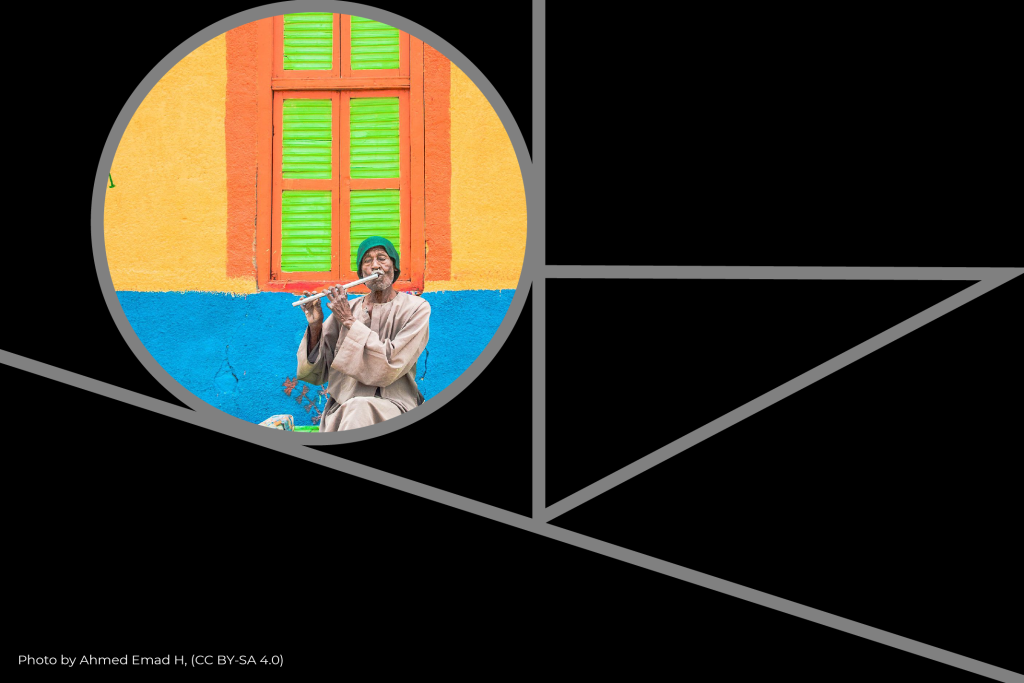
The Wikimedia Foundation recently launched its Open the Knowledge initiative to raise awareness of the biases, under-representation, and inequities in our movement that continue to close Wikimedia projects to much of the world’s people and knowledge. One area where these challenges manifest themselves is in visual representation — the photos, videos, and multimedia assets available (or not available) on our free knowledge projects.
A lack of visuals about places, people, and experiences can result in a lack of understanding among Wikipedia readers. And, just as problematic, a skewed set of visuals can cause skewed understanding. Isla Haddow-Flood, the co-founder and co-lead of Wiki Loves Africa, is keenly aware of these dynamics, particularly when it comes to the representation of Africa online:
“The power that can be contained within a single image has been welded with dire consequences to paint a negative ‘single story’ of Africa. But that power can also be put to immense positive effect, to reflect and ensure that the myriad stories are captured and shared not just with a global audience, but most importantly with the people from the continent.”
Wiki Loves Africa is an annual public contest where people across Africa can contribute media (photographs, video, and audio) on a wide range of African topics and experiences to Wikimedia Commons for use on Wikipedia and other free knowledge projects. In short, it is about “making sure Africans are telling their own story,” as Isla’s fellow co-founder and co-lead Florence Devouard puts it.
The competition is organized by Wiki In Africa, a South Africa-based nonprofit focused on sharing the diversity of Africa’s knowledge, history, culture, and contemporary reality through freely-licensed online contributions.
Since it was launched in 2014, more than 72,000 images have been uploaded to Wikimedia Commons by Africa’s photographers to add a visual, authentically African perspective to Wikipedia articles.
Candy Khohliwe, a project lead for Wiki Loves Africa with Wikimedia Botswana says that the competition “gives Africans the opportunity to narrate their own stories, to own them, and not also embrace but increase visibility of who we are.”
Florence Devouard says a key part of the competition is adding photos of Africa by Africans to the public domain:
“Do I think tourists’ photos are likely to tell the whole story about a country? About a whole continent? No I don’t. Wiki Loves Africa was born from the desire to get more African people on board, working towards a better representation of all Africa on the internet in general, and on Wikimedia projects in particular.”
These images have been viewed over 787 million times, with each view helping to change perceptions and enhance understanding of Africa.
Isla Haddow-Flood, Wiki Loves Africa co-founder and co-lead, believes that improving the visual representation of Africa is key for engaging Wikipedia readers as contributors:
“If you don’t feel that your experiences and cultures are valuable enough to be included on a global knowledge source, then why would you feel that what you have to say or know would be welcomed there? If we don’t change that, then the many peoples of Africa won’t contribute their knowledge, histories, culture, and experiences, and Wikimedia will never achieve its abiding vision.”
Want to learn more about Wiki Loves Africa? See the stunning winning images from the 2021 contest, with the theme of “Health and Wellness”. The 2022 contest will launch on 15 February with the theme of “Home and Habitat,” celebrating the diversity and unique spaces and places both humans and animals alike consider home.

Can you help us translate this article?
In order for this article to reach as many people as possible we would like your help. Can you translate this article to get the message out?
Start translation